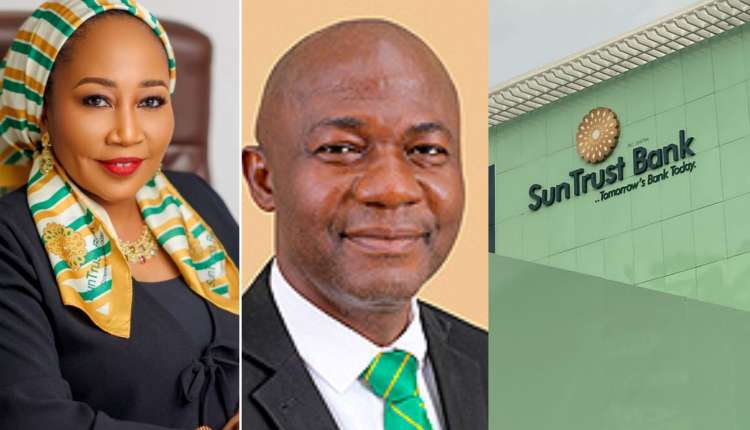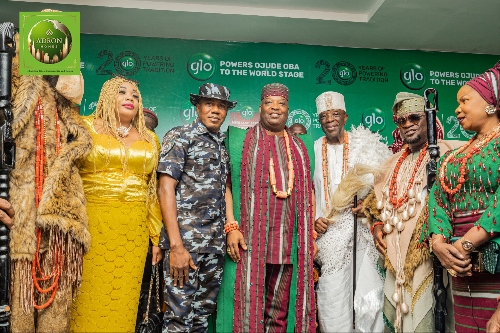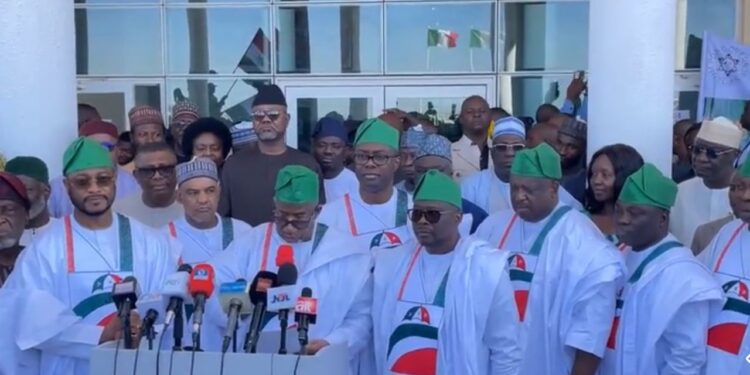Eleven governors of the Peoples Democratic Party (PDP) have approached the Supreme Court to challenge the constitutional powers of the President to suspend a sitting, democratically elected governor—specifically in reference to Governor Siminalayi Fubara of Rivers State.
The governors, through their respective state Attorneys General, filed the suit on Tuesday, contesting the legal basis of any move by the Federal Government to impose a state of emergency in Rivers State or suspend its elected leadership.
The plaintiffs in the suit include the governments of Adamawa, Enugu, Osun, Oyo, Bauchi, Akwa Ibom, Plateau, Delta, Taraba, Zamfara, and Bayelsa states.
At the heart of the suit are eight key legal grounds, with the governors urging the apex court to determine whether the President has the constitutional authority to interfere with, suspend, or replace elected state officials—including the Governor and Deputy Governor—with unelected nominees under the guise of a state of emergency.
The plaintiffs are also questioning the legality and constitutional conformity of President Bola Ahmed Tinubu’s alleged pronouncement of a state of emergency in Rivers State. According to the suit, such a declaration may have contravened several provisions of the 1999 Constitution, including Sections 1(2), 5(2), 176, 180, 188, and 305.
One of the central issues raised is:
“Whether upon a proper construction and interpretation of the relevant sections of the 1999 Constitution, the President of the Federal Republic of Nigeria can lawfully suspend or in any manner interfere with the office of a Governor or Deputy Governor of a state and replace them with an unelected nominee under a state of emergency proclamation.”
The suit further challenges the President’s alleged authority to suspend a state’s House of Assembly under similar emergency declarations, citing potential breaches of Sections 4(6), 11(4) & (5), 90, and 105 of the Constitution.
Additionally, the governors questioned threats reportedly issued by federal authorities suggesting the possibility of suspending duly elected state executives, describing such threats as unconstitutional and inconsistent with Nigeria’s federal structure.
Respondents in the suit have been directed to enter their appearances within 14 days of being served the court summons, inclusive of the day of service.
The legal challenge marks a significant constitutional test of executive power and is likely to shape future interpretations of the limits of federal authority over Nigeria’s federating units.










